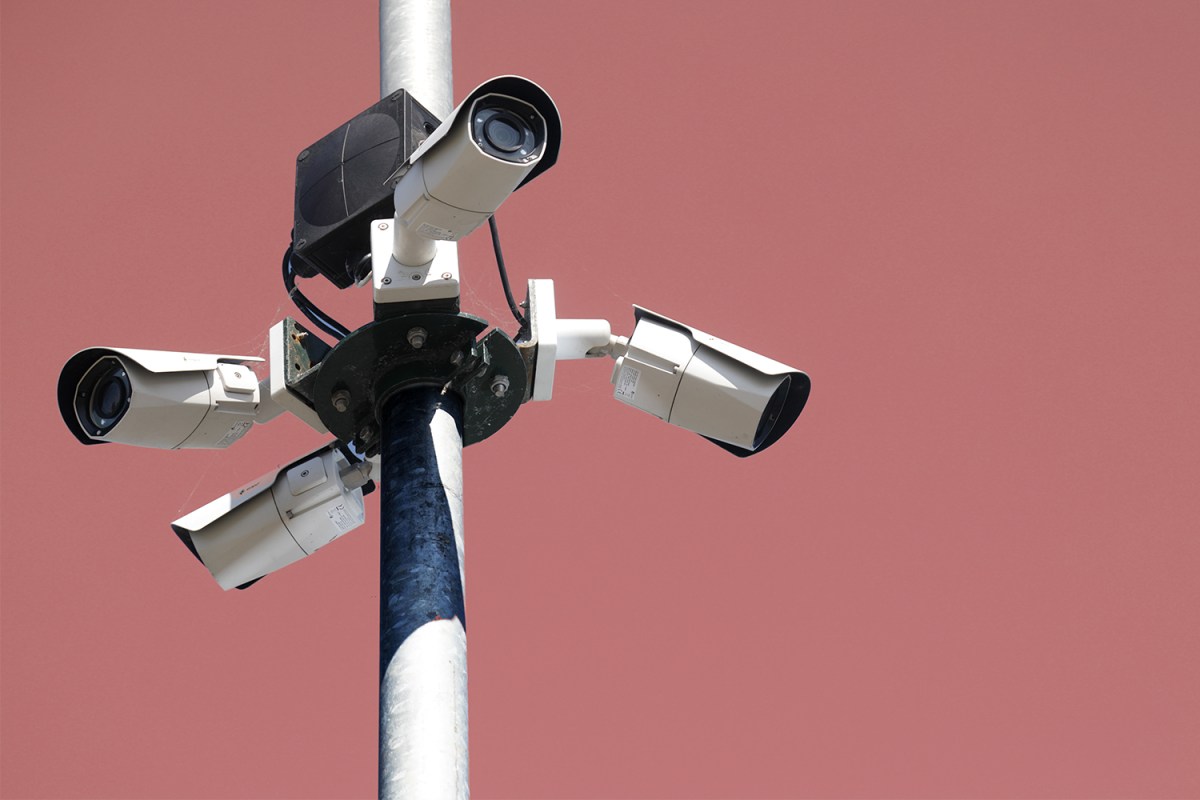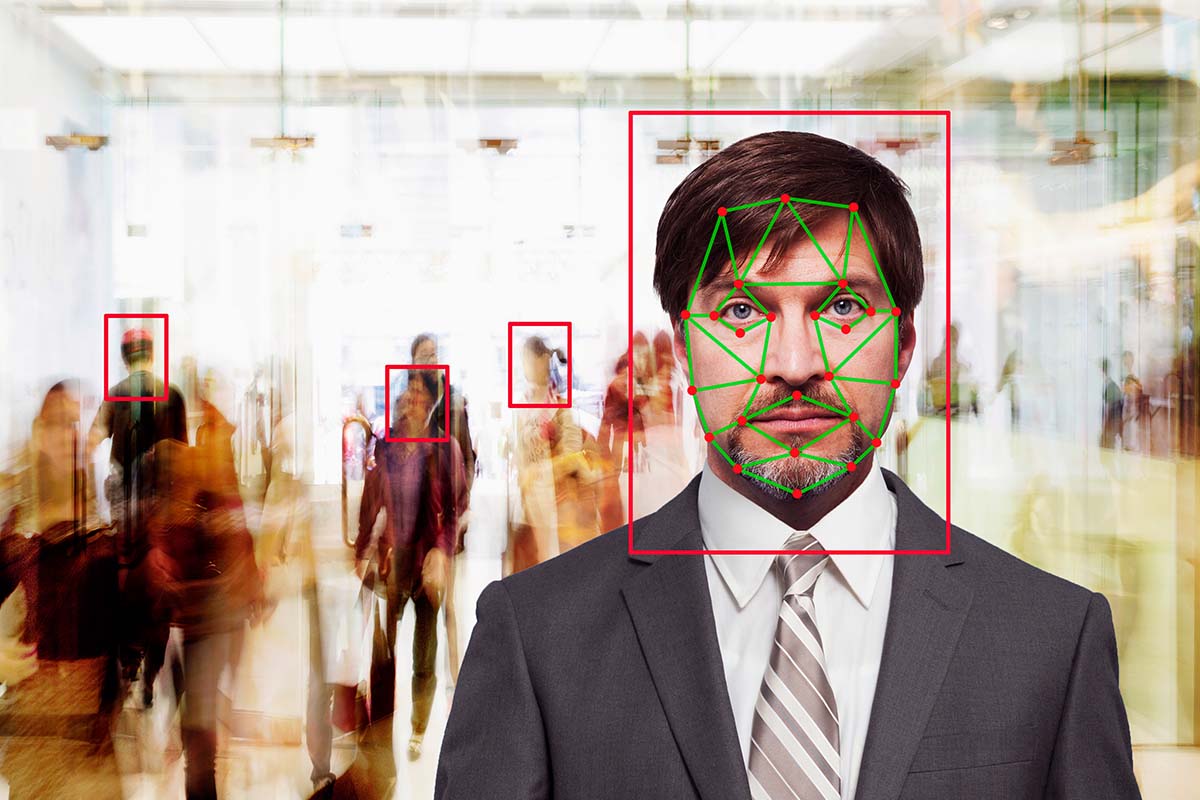When Portland, Oregon issued “the most sweeping ban yet by an individual city” of facial recognition technology in September, as CNN described it, it wasn’t that big of a surprise. The liberal enclave is known for leading the way in progressive policies, and facial recognition is coming under intense scrutiny as it proliferates despite privacy and racial bias concerns.
However, when voters in Portland, Maine went to the polls on Tuesday, their overwhelming support for a facial recognition ban was more surprising, possibly signaling support for wider bans to take hold across the country. According to the Portland Press Herald, of the six referendums that were on the ballot, a facial recognition ban received the most support with 65% of people voting in favor.
The measure stops police and city officials from using facial recognition software, and takes that ban one stop further by allowing citizens to sue the city if illegally surveilled — receiving $100 per violation or $1,000, whichever is higher, plus lawyer fees, according to the Associated Press. The ban isn’t as wide-ranging as in Oregon, however; as The Verge notes, “Private sector use of the technology is not affected.”
Will voters in the rest of the country follow suit? San Francisco issued a ban in 2019 and Boston did this year, and Democratic lawmakers in the House and Senate introduced legislation in June that would “ban the use of facial recognition and other biometric surveillance technology by federal law enforcement agencies.”
Once this election cycle comes to an end, expect to hear more about facial recognition.
Thanks for reading InsideHook. Sign up for our daily newsletter and be in the know.











![[L-R] Bill Berry, Michael Stipe, Mike Mills and Peter Buck of R.E.M. at the Aragon Ballroom in Chicago, Illinois on July 7, 1984.](https://www.insidehook.com/wp-content/uploads/2024/12/rem-book-interview.jpg?resize=750%2C750)





